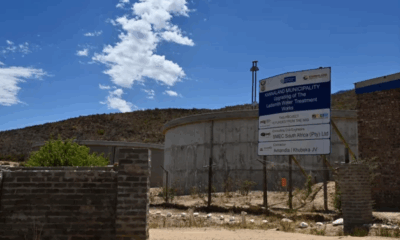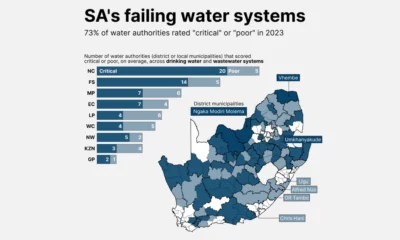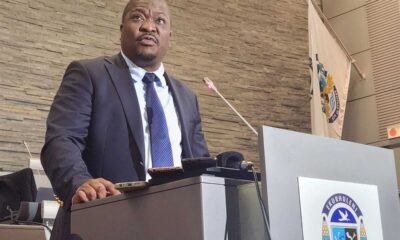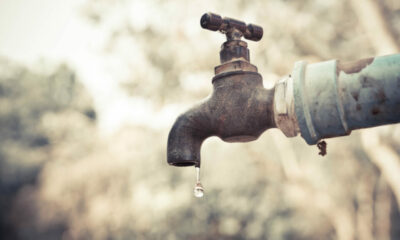News
Millions Paid for Unfinished Water Projects as Minister Majodina Blames “Water Mafias”
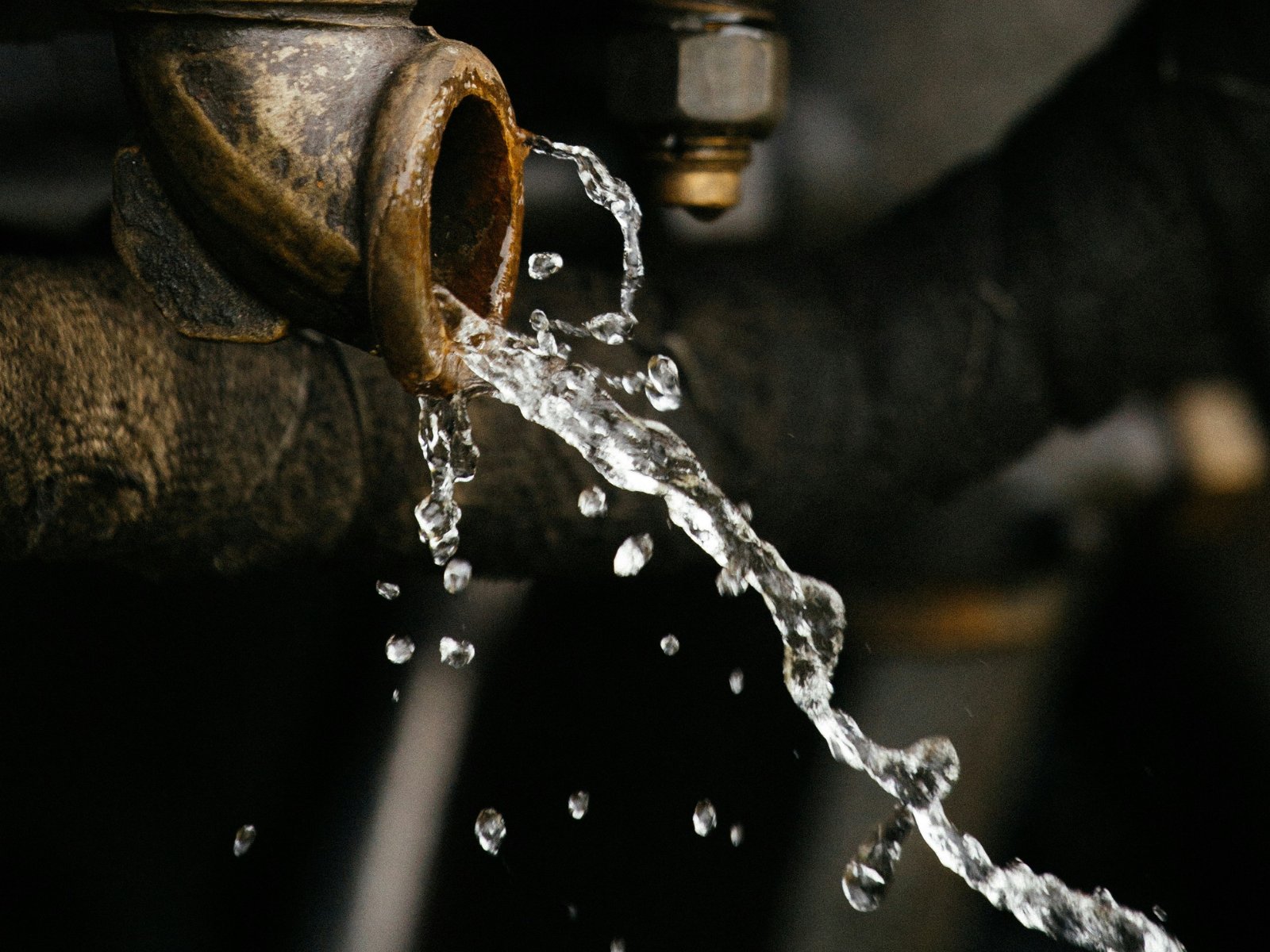
South Africa’s water crisis has reached alarming levels, and new revelations from Minister of Water and Sanitation, Pemmy Majodina, have added fuel to the fire. On Saturday, speaking on the sidelines of the ANC’s special National Executive Committee (NEC) meeting in Boksburg, Majodina confirmed that millions of taxpayer rands were paid to contractors for water infrastructure projects that remain incomplete.
The result? Communities left without clean and reliable water, struggling to cope amid rolling shortages, multi-day outages, and the frustration of broken promises.
Unfinished Projects, Escalating Costs
Majodina highlighted a stark example: a water treatment plant initially budgeted at R13 million now requires R24 million to finish due to delays and rising costs. “There are projects that are incomplete… we have intervened and reclaimed those funds,” she said, adding that implementing agents are now being sent to complete the stalled infrastructure.
Across Gauteng metros like Johannesburg, Ekurhuleni, and Tshwane, small reservoirs, high demand, and leaking pipelines are leaving millions vulnerable. Residents have taken to social media to voice their frustration, sharing photos of empty taps and rationed water supplies. Many question why, after years of promises, water remains a luxury rather than a basic right.
The Shadow of “Water Mafias”
Adding a new layer to the crisis, Majodina pointed to criminal syndicates in the North West, which she termed “water mafias,” accusing them of extorting contractors and sabotaging projects.
“These criminal elements are sabotaging essential water delivery,” she said. “We are working with SAPS to address this.”
The minister’s remarks underscore how corruption and crime intersect with infrastructure mismanagement to compound the country’s water woes.
Emergency Measures and Groundwater Solutions
Despite these challenges, the department is taking steps to stabilise water delivery. Majodina announced plans to drill boreholes in water-stressed areas and launch a national maintenance programme for major water pipelines feeding Gauteng.
But she admitted that communication failures by municipalities remain a serious problem. “When maintenance is done, people aren’t informed. That’s part of the crisis,” she said, echoing the frustration of residents left in the dark during prolonged outages.
Public Outrage and Growing Protests
The water crisis has sparked a wave of public anger. Johannesburg residents have endured several multi-day outages, often without the delivery of promised water tankers. Across the country, communities are taking to the streets in protest, demanding accountability and reliable access to the most basic of human needs.
Social media platforms are buzzing with posts urging local governments to act. Citizens are tagging officials, sharing water-saving tips, and documenting daily struggles, a grassroots record of how systemic failures are affecting ordinary lives.
South Africa’s water insecurity is not just a result of drought; it reflects decades of underinvestment, failing infrastructure, and poor governance. Majodina’s confirmation of mismanaged funds and sabotage underscores a critical need for transparency and robust oversight.
While the department’s emergency interventions provide a glimmer of hope, the long-term solution will require tackling both corruption and systemic inefficiency, alongside meaningful community engagement. For millions of South Africans, time is running out, every day without reliable water is a reminder of promises unfulfilled.
{Source: IOL}
Follow Joburg ETC on Facebook, Twitter , TikTok and Instagram
For more News in Johannesburg, visit joburgetc.com



